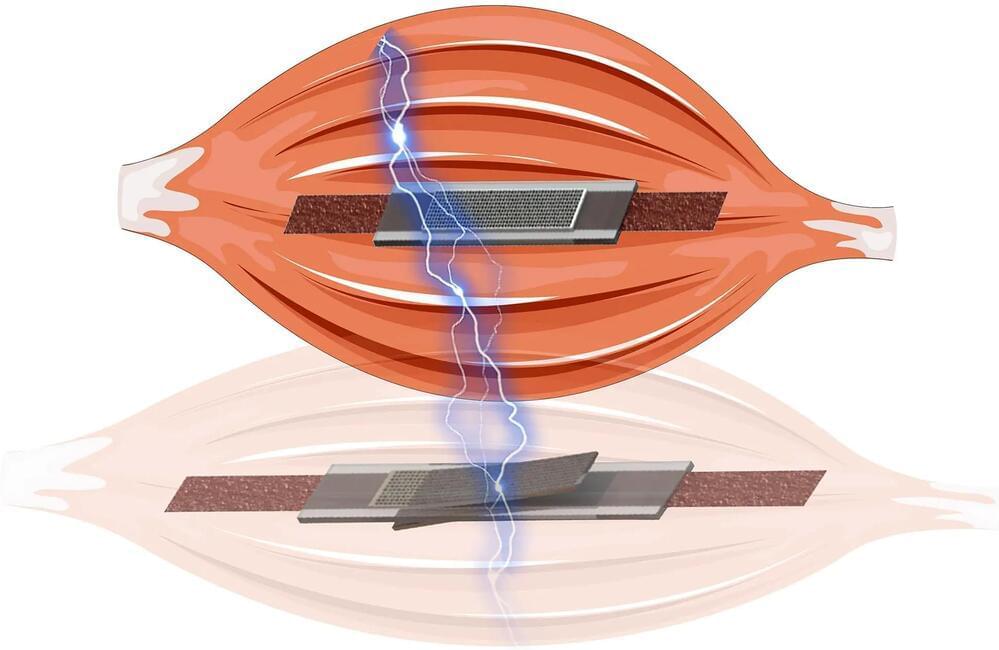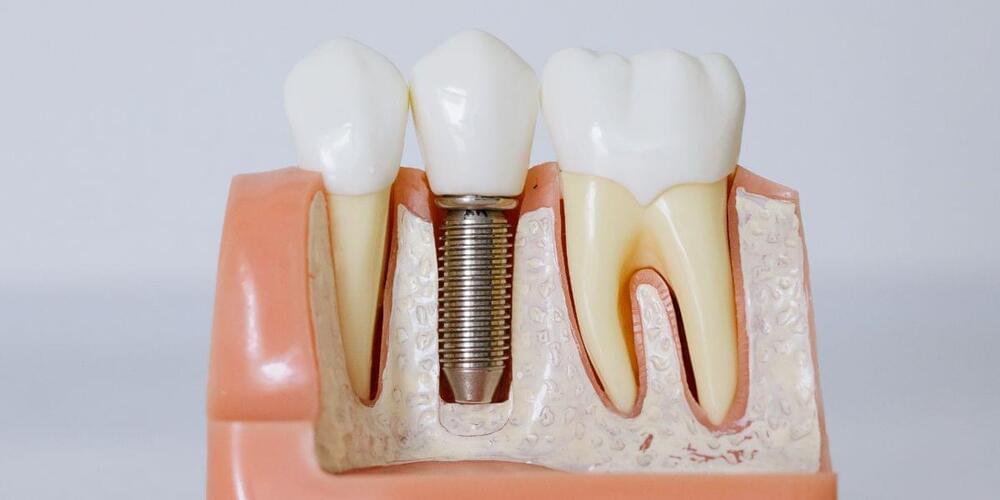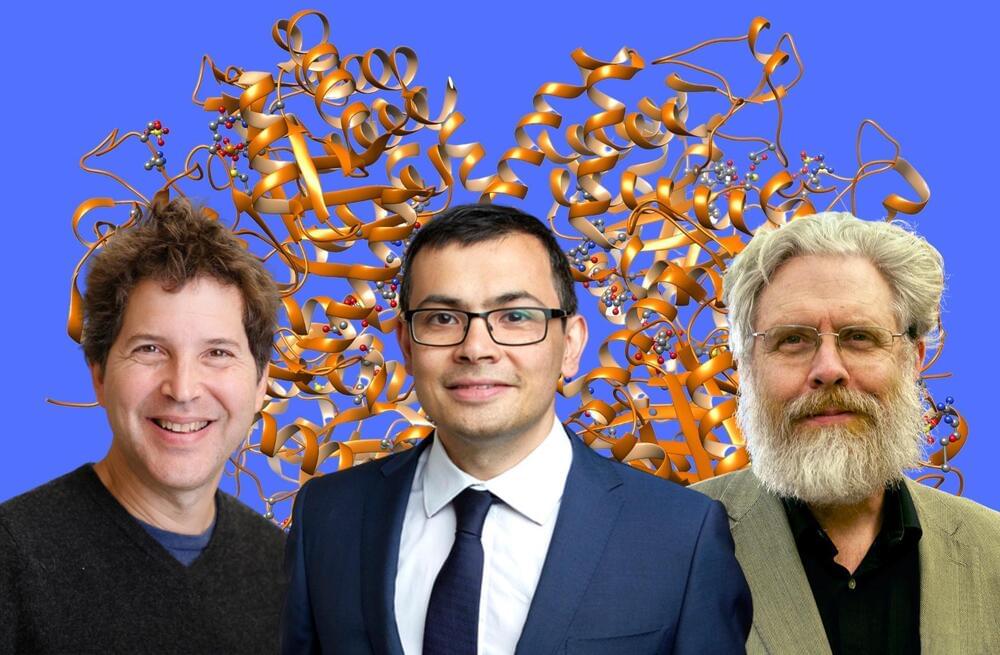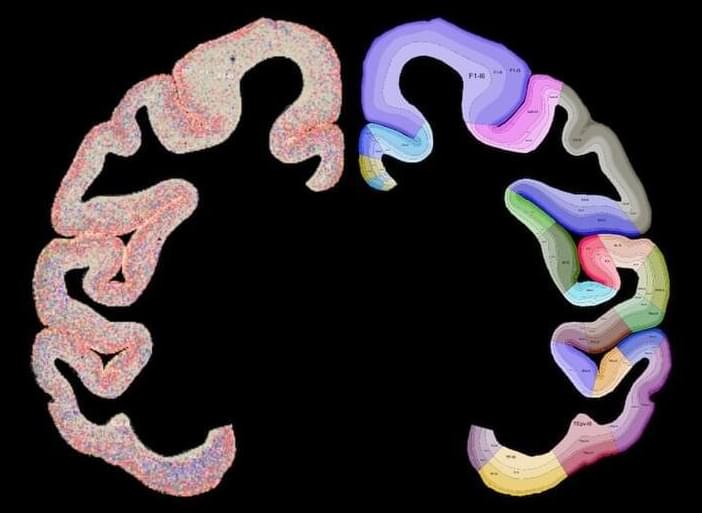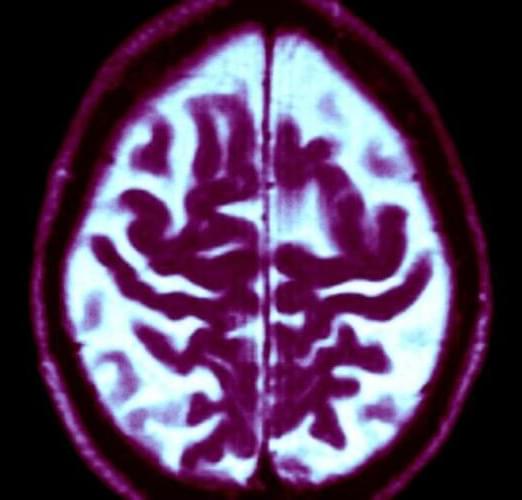Queen Mary University researchers have engineered a self-sensing, variable-stiffness artificial muscle that mimics natural muscle characteristics. The breakthrough has significant implications for soft robotics and medical applications, moving a step closer to human-machine integration.
In a study published on July 8 in Advanced Intelligent Systems, researchers from Queen Mary University of London have made significant advancements in the field of bionics with the development of a new type of electric variable-stiffness artificial muscle that possesses self-sensing capabilities. This innovative technology has the potential to revolutionize soft robotics and medical applications.
Technology Inspired by Nature.
